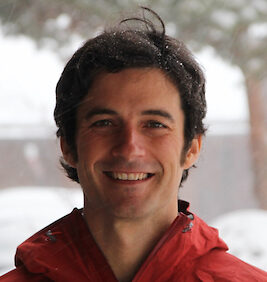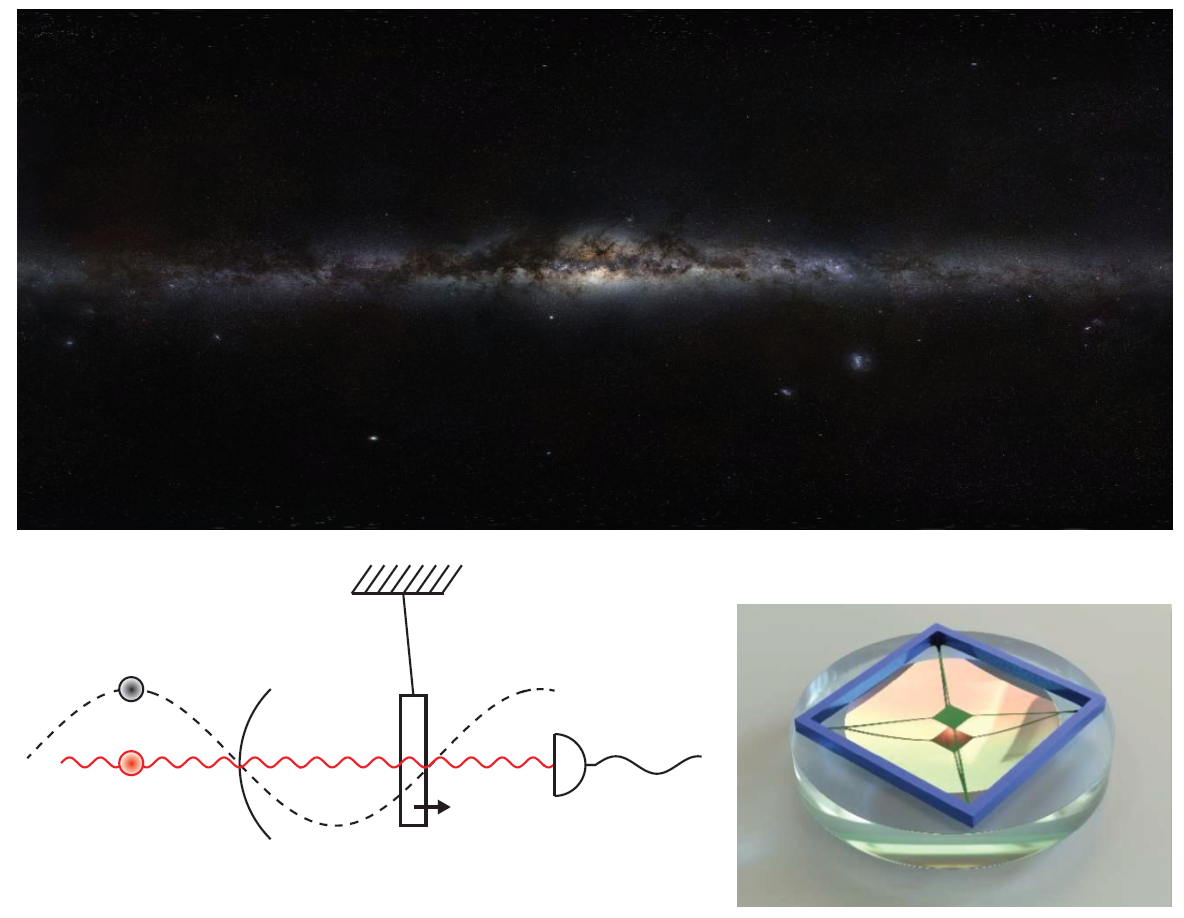Quantum Machines Seminar by Dalziel Wilson on Optomechanical sensors as probes for new physics

Date
Description
Quantum Machines Unit - Zoom Seminar open to OIST
Optomechanical sensors as probes for new physics
Mechanical systems with increasingly large size are reaching the quantum limit, dovetailing advances in dissipation engineering and cryogenic cavity optomechanics. As we enter the age of quantum technology, an important question is to what extent such macroscopic quantum systems can play a role. I'll discuss one perspective that envisions quantum-limited optomechanical sensors as probes for new physics, highlighting as an example a set of recent proposals for optomechanical dark matter detection. In this context, our lab is developing a new generation of ultra-sensitive optomechanical accelerometers based on centimeter-scale silicon nitride membranes.
References:
[1] Manley et. al., "Searching for scalar dark matter with compact mechanical resonators," PRL124.15 (2020): 151301.
[2] Manley et. al., "Searching for vector dark matter with an optomechanical accelerometer,", arXiv:2007.04899 (2020)
[3] Carney et. al., "Mechanical quantum sensing in the search for dark matter," arXiv:2008.06074
Biography
Dalziel Wilson is an assistant professor of physics and optical sciences at the University of Arizona. His work in cavity optomechanics, spanning a decade, includes seminal demonstrations of radiation pressure feedback cooling, quantum-limited position measurement, optomechanical light squeezing, membrane-based cavity optomechanics, and ultra-high-Q nanomechanics. Previously, he was a scientist at IBM Research–Zurich, a Marie Curie Postdoctoral Fellow at EPFL, and a Ph.D. student at Caltech.
Registration
Attendees must register here to attend the zoom meeting. Note this meeting will not be recorded. This seminar is hosted by Prof Jason Twamley.

Subscribe to the OIST Calendar: Right-click to download, then open in your calendar application.



